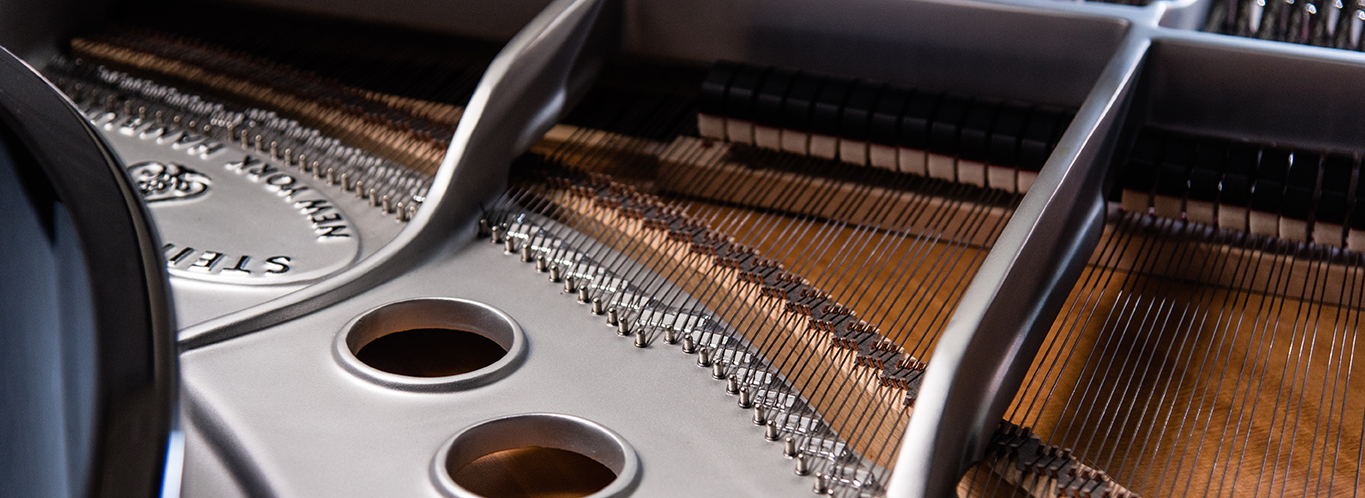
Steinway is an Investment in Quality and Music Standards
Steinway & Sons was founded in 1853 by German immigrant Henry Engelhard Steinway in a Manhattan loft on Varick Street. Over the next thirty years, Henry and his sons developed the modern piano. They built their pianos one at a time, applying skills that have been handed down from master to apprentice, generation after generation, ever since. The Steinway piano became the choice for ninety-eight percent of concertizing artists. The Steinway has earned a reputation as an investment for the owner in the legacy of future generations.
Becoming an All-Steinway School
UConn would join more than 160 institutions of distinction, including conservatories and other major research universities, stretching across five continents that display the All-Steinway School symbol as a commitment to excellence for students, faculty members and their communities at large.
At UConn, there is opportunity to greatly impact the musical experience for all students and faculty by investing in Concert, Recital, Practice, Faculty Studio, and Ensemble pianos.
“Our pianos are so wonderful, we are the envy of every school and pianist in our region.”
“Students and faculty have access to the best quality instruments in achieving their maximum technical and artistic qualities.”
“The purchase of the pianos has increased morale and helped immensely with the recruitment of students.”
“Becoming an All-Steinway School was one of the best and smartest investments for our university.”
